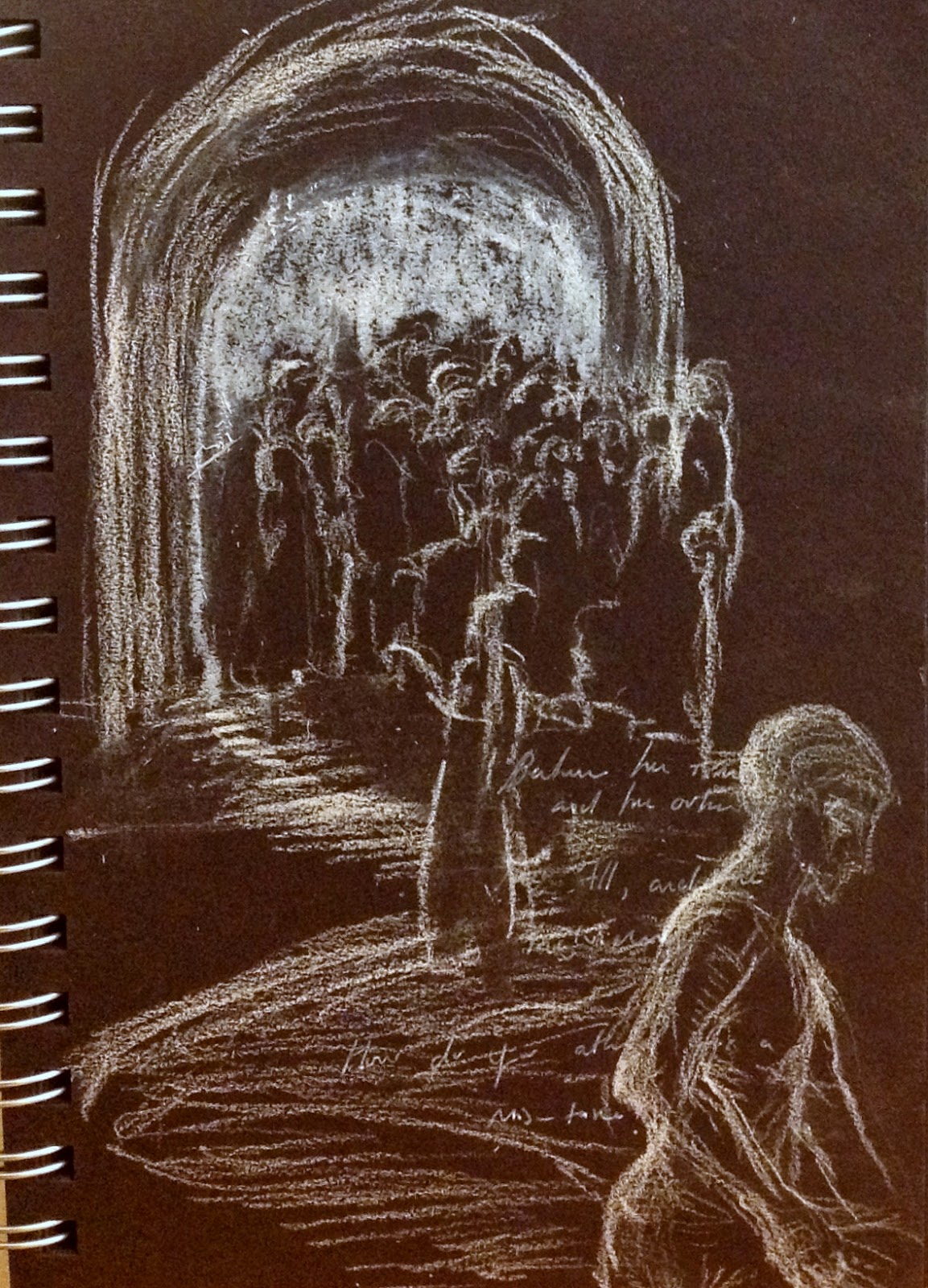dedication
blood
small deaths
To hold multiplicity
[For full chapter, click here
From the laws of food and animals, we move seamlessly into the laws of human purity and impurity. There is a slippage of meaning, with the key words remaining the same, but changing context: tahor (kosher, pure) ta'me (not-kosher, impure); the plant seeds here become human gametes: "a woman who gives forth seed".
In this extension of the holiness of the Dwelling into the human realm, there is a strange confluence between birth and consecration; the woman's body and the Mishkan. Like the Mishkan, dedicated in a seven day ceremony that is completed "on the eighth day," the impurity after birth follows a seven day cycle followed by "on the eighth day". As in the case of the consecration of the Mishkan, the focus is on blood. Here too, there is a focus on duality and separations: the doubling of the days in the case of a female baby; the double offering brought at the end of the birth period.]









